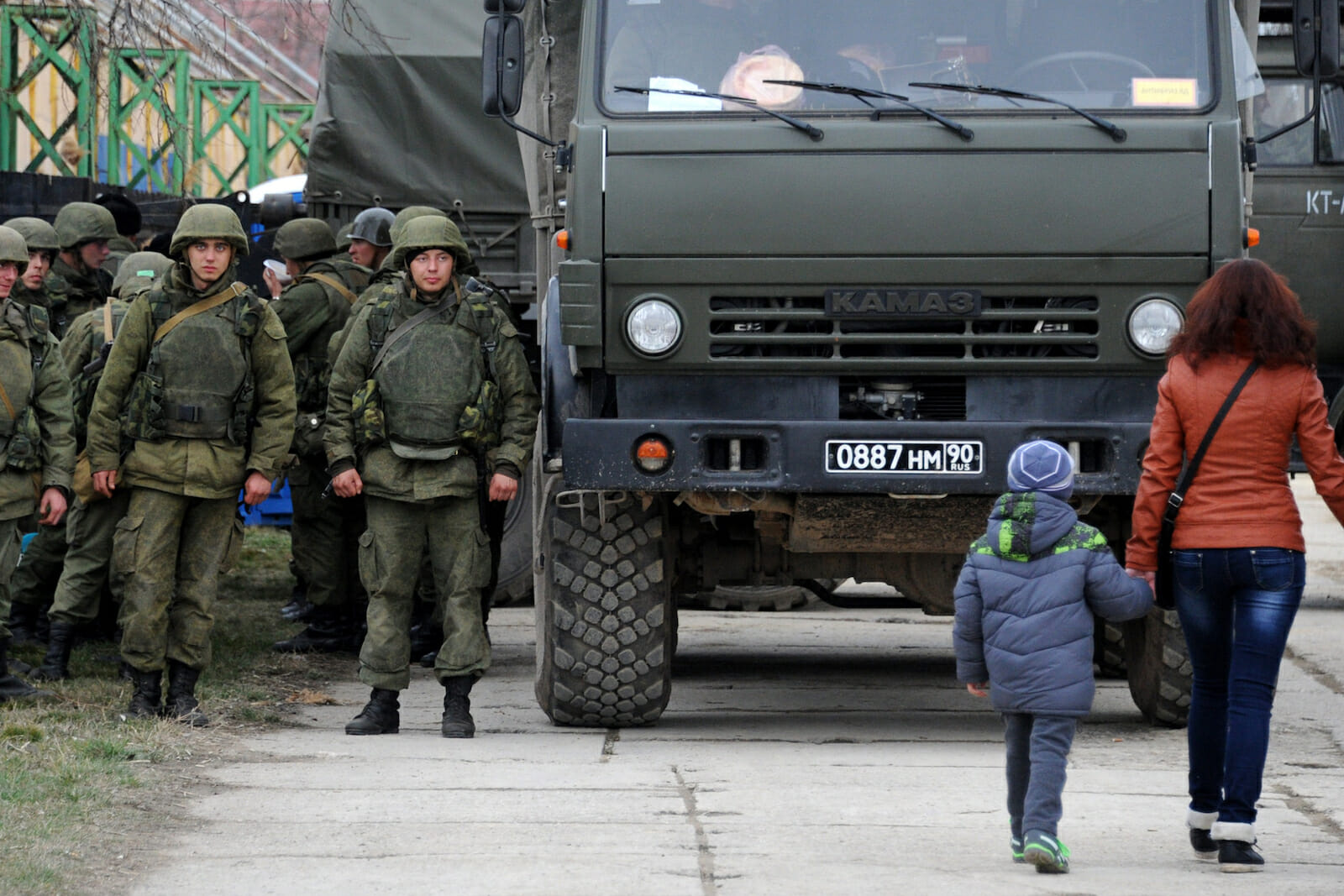
For Putin’s Russia, Military Intervention in Crimea is a Risk Worth Taking
The de facto expropriation of Crimea by Russia raises serious questions about the perceived legitimacy of the new government in Kyiv, ethnicity in Ukraine, Russian history and Russia’s ability to project its power in the future. Depending on one’s frame of reference, Russia’s actions over the weekend either evoke outrage or relief, as Ukraine becomes the epicenter of the battle between European and Russian influences in the region. In the absence of any meaningful military response by either Europe or the US – which is not expected – Vladimir Putin appears to have achieved what many Russians have sought since jurisdiction over Crimea was transferred from Russia to Ukraine in 1954 – a return of Crimea to Russia.
Indeed, this has as much to do with history as it does modern politics.
Following the second world war, Joseph Stalin ethnically cleansed Crimea, effectively making it majority Russian, followed by its formal annexation by Russia in 1945. Nikita Khrushchev returned Crimea to Ukraine in 1954 in what has been referred to as a “symbolic” gesture to mark the 300th anniversary of Ukraine having become part of the Russian empire.
Following the collapse of the Soviet Union, Crimea became part of independent Ukraine. Tensions over jurisdictional authority and the administration of Russia’s Black Sea Fleet have been present between the two countries since that time.
Russia’s stated intention of protecting Russian interests and Russian citizens beyond its borders has implied that a day of reckoning would eventually emerge – and it has. Following the coup in Kyiv, Putin saw an opportunity to secure Sevastopol, where it has a naval base, as well as Crimea, and he took it. Many Russians do not view the change of government in Kyiv as legitimate, which is an important reason why Putin easily won the approval of the Duma to exercise military force to secure Crimea. For them, it is little more than reclaiming land that had historically been theirs.
Russian Parliament proposes bill to allow annexation of Crimea (scanned copy:) All “parties” supporting it. #ukraine
— Simon Shuster (@shustry) March 3, 2014
Putin no doubt sees his action not as neo-Soviet imperialist, but rather as pro-Russian. Which begs the question – is the Russian position on protecting its interests and citizens much different than that of the US? Both powers project their power outside their borders in a manner others may find objectionable and unjustifiable. A big difference, of course, is that the US is not in the habit of de facto permanent expropriation of land outside its borders. However, would the US have acted much differently if it were in the same position, with the same history and stakes? I suspect not.
The international community is not going to be very happy about what Putin has done, but you can be sure he considered the risks involved, and calculated that whatever comparatively minor consequences may ensue are far outweighed by the benefit of securing Crimea. It remains to be seen whether Russia’s action will indeed be permanent, but we shouldn’t be surprised if it turns out to be. The legacy of history and the strength of national pride are powerful inducements to take action, even if it results in the breach of international law. In the end, neither the EU nor the US is likely to take military action to reverse the tide, and Russia doesn’t care much about whether it is a member of the G8 or not. Some economic sanctions may ensue, but to Putin and many Russians, righting a historical wrong is far more important.
They also know that Europe and the US need Russia every bit as much as Russia needs them – perhaps more so vis-à-vis the delivery of gas to Europe and the hope for needed collaboration on foreign policy for the US in Iran and Syria. If recent history is any guide, this too shall pass.

